Description
The concept that computers would one day be able to understand human speech and carry on conversations with people in a manner that is indistinguishable from human discourse is a common theme in science fiction that was written in the early half of the twentieth century. In a crucial work that he penned in the year 1950, Alan Turing envisioned this capability as the distinguishing attribute of computational intelligence at the time. This vision has started to become increasingly credible since the beginning of the twenty-first century. Techniques of artificial intelligence that are connected with the scientific study of language have developed from academic institutions and research laboratories to inform a number of industrial and commercial applications. These techniques may be found in a variety of artificial intelligence applications. Search engines like Google make use of core linguistic principles to automatically complete or ‘correct’ your queries and to locate relevant results that are closely suited to your search phrases in order to provide you delivering results of the best possible quality. There are currently a lot of websites that offer some kind of translation software, and a lot of new mobile gadgets can theoretically comprehend spoken inquiries and orders. However, a significant amount of work remains to be done before computers are able to fully comprehend normal pronunciation. No computer system has come close to passing the “Turing Test” of effectively replicating human speech, and automated translations still need to be assessed and adjusted by knowledgeable human translators in order to be considered accurate. It has been suggested that the Turing Test is a dead end, and that instead of trying to make users feel they are talking with a human rather than a computer, research should focus on designing efficient applications that satisfy specific requirements. In other words, rather of trying to fool users into thinking they are engaging with a person rather than a machine. In other words, it has been suggested that research should focus on developing efficient applications that meet particular needs. It is my sincere desire that by the time you have finished this course, not only will you have gained an appreciation for some of the challenges that are presented by a complete comprehension of natural language, but you will also have gained an appreciation for the very genuine successes that have emerged from concentrating on a variety of tasks that have been specialized.
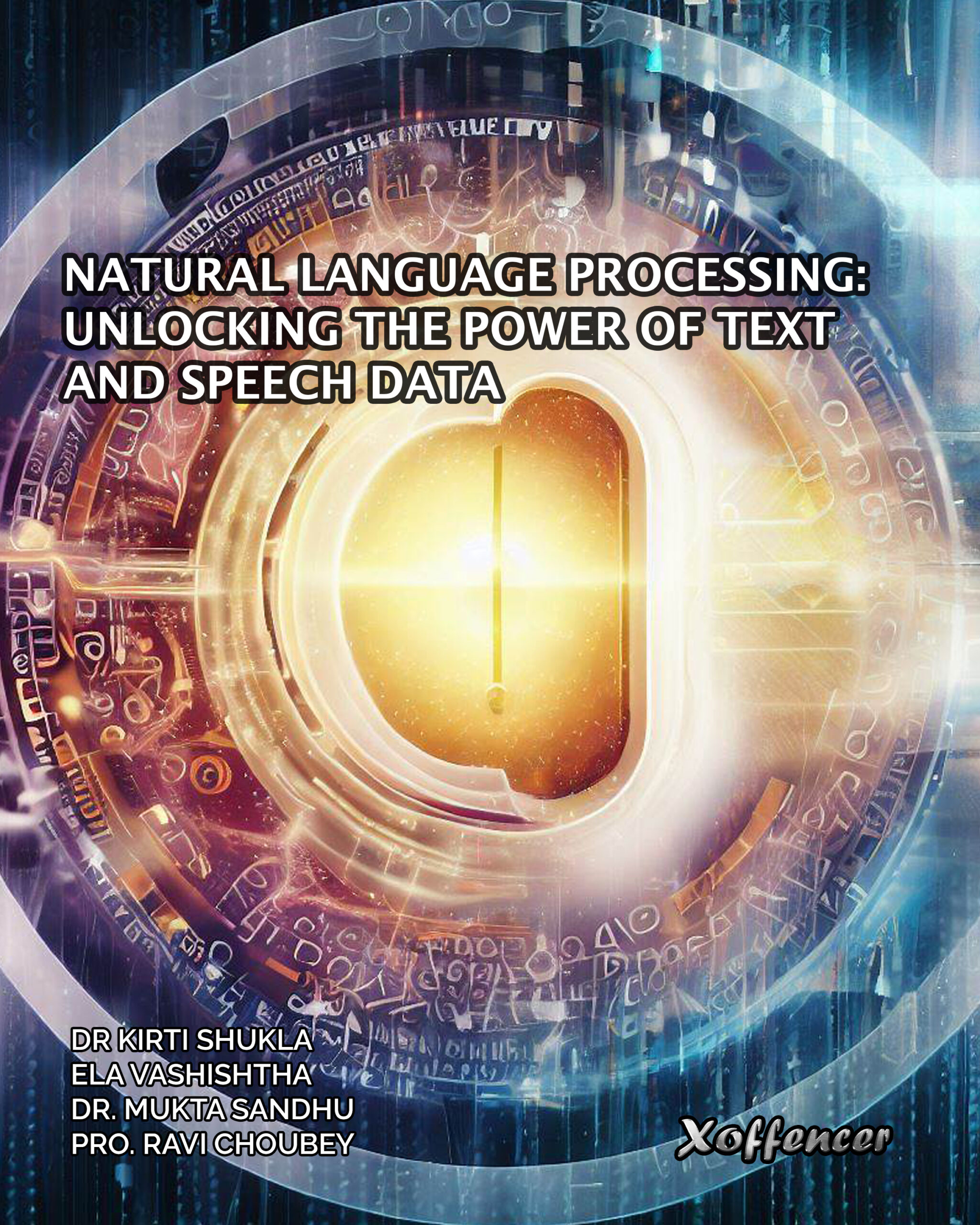

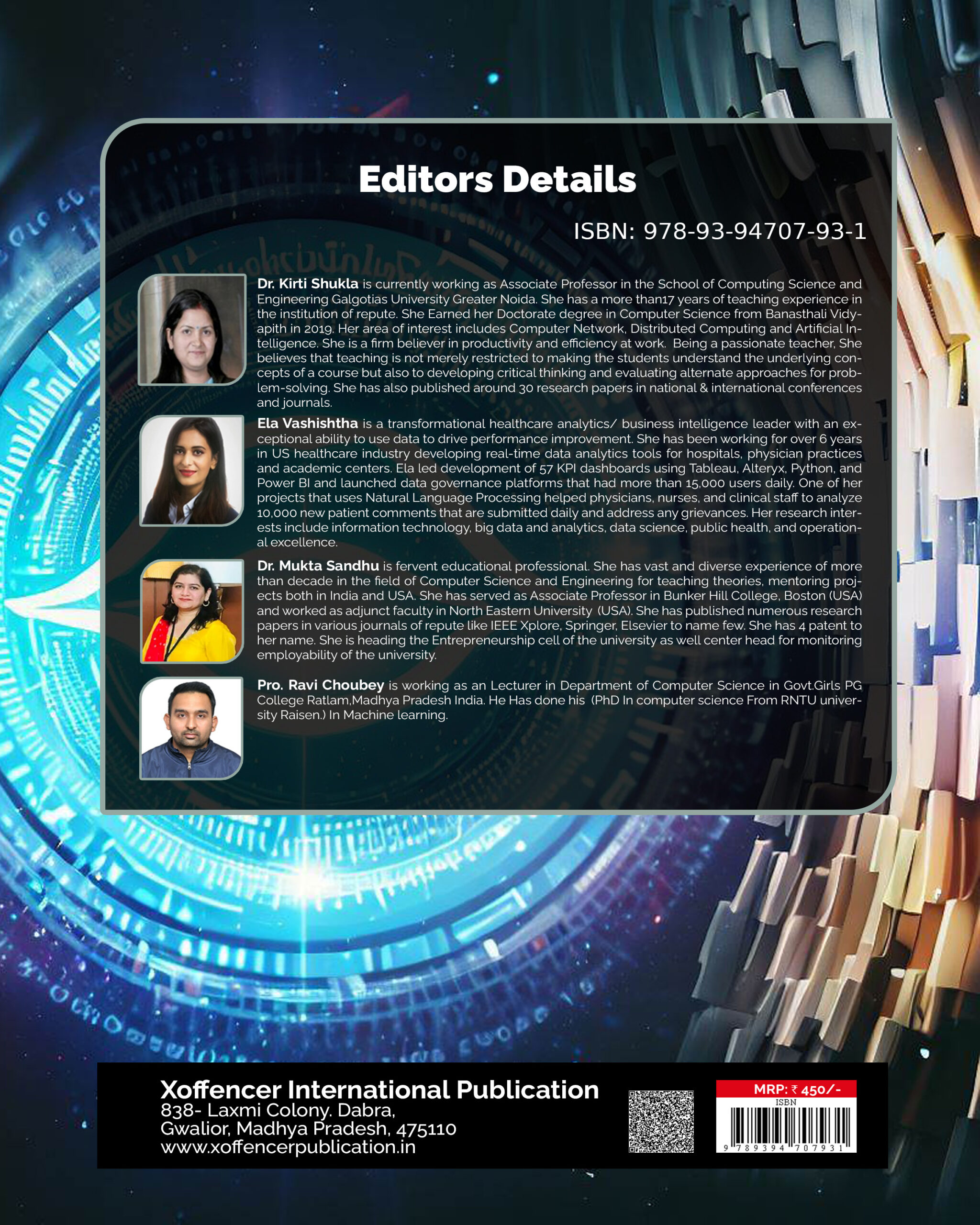
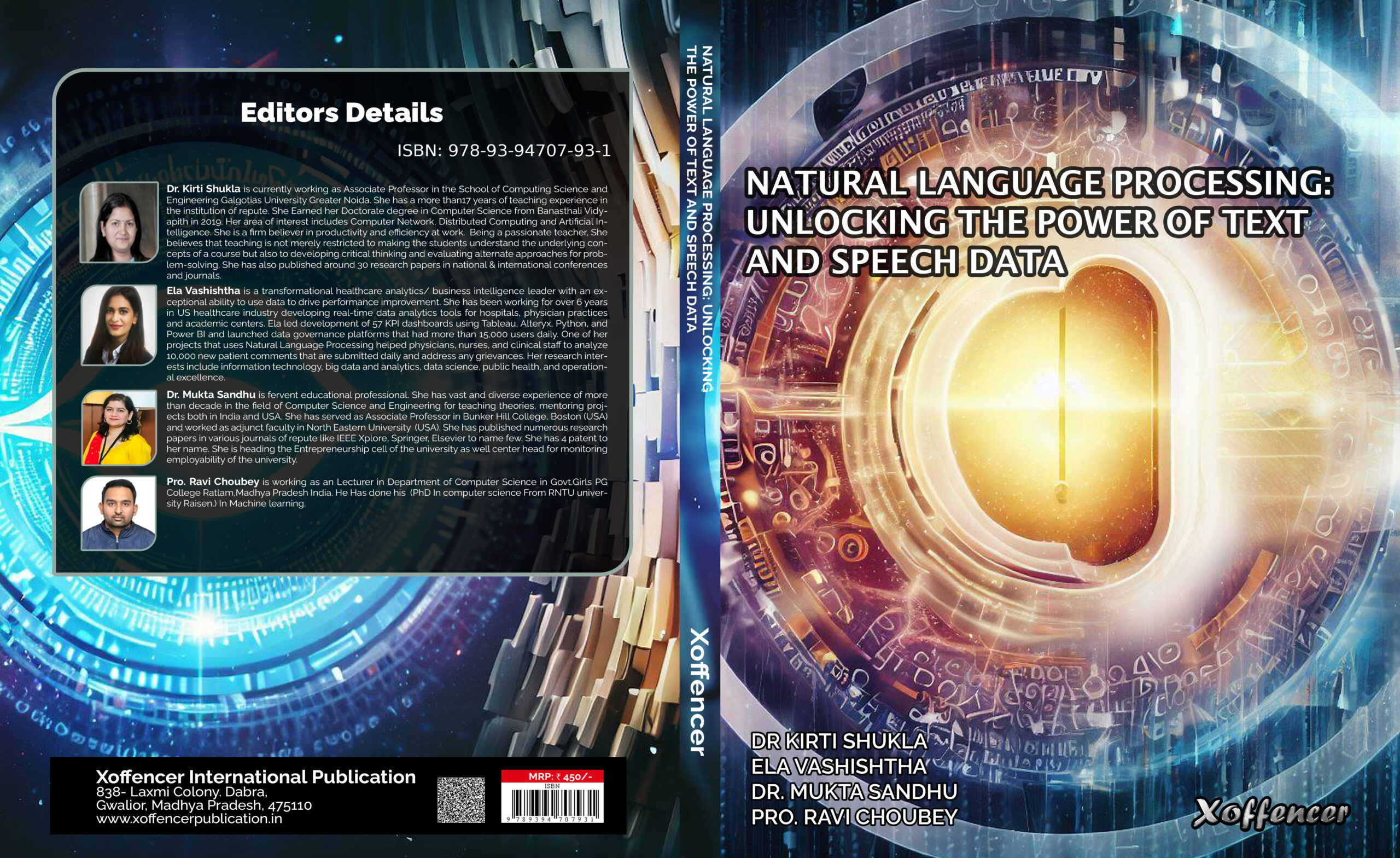





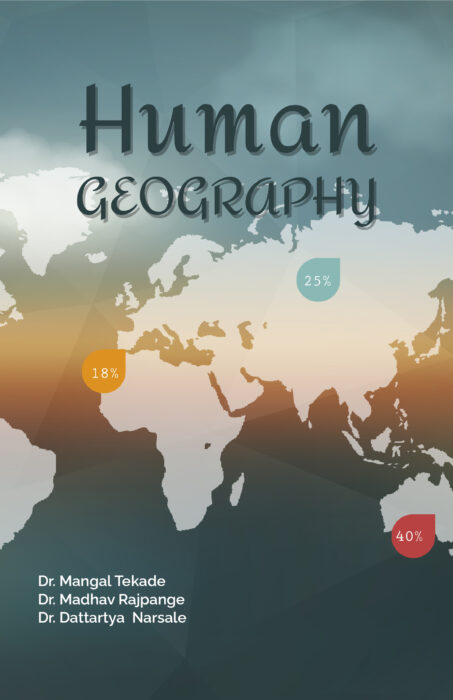
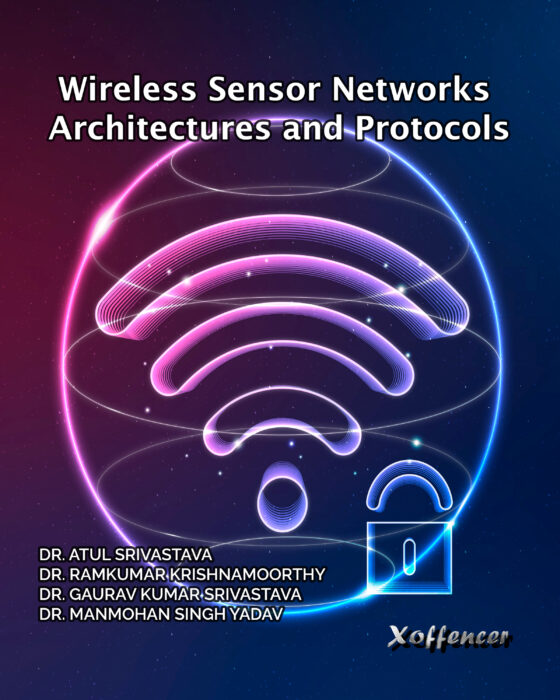
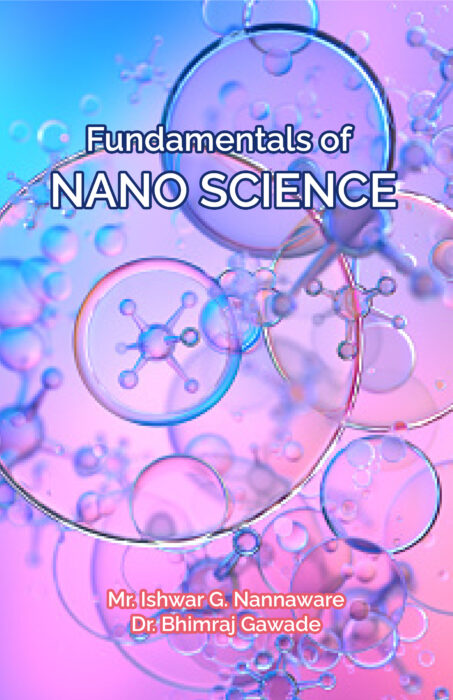

Reviews
There are no reviews yet.